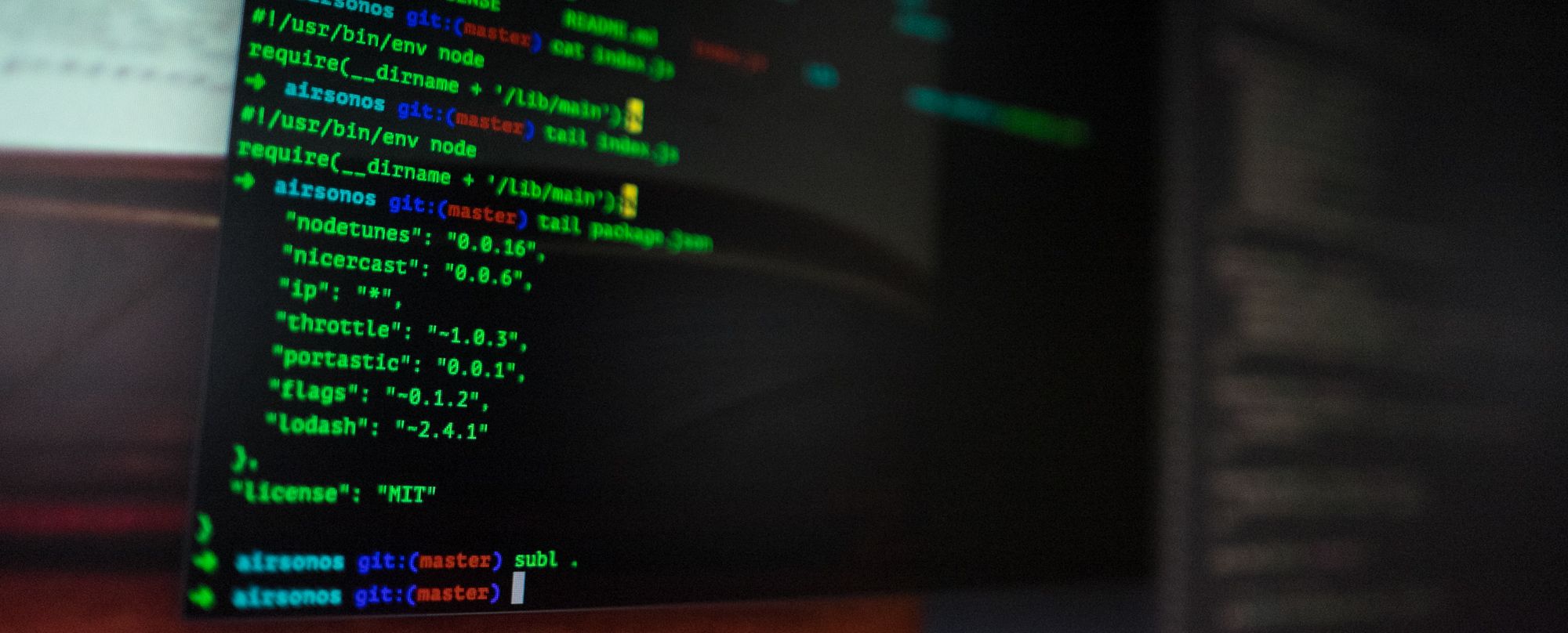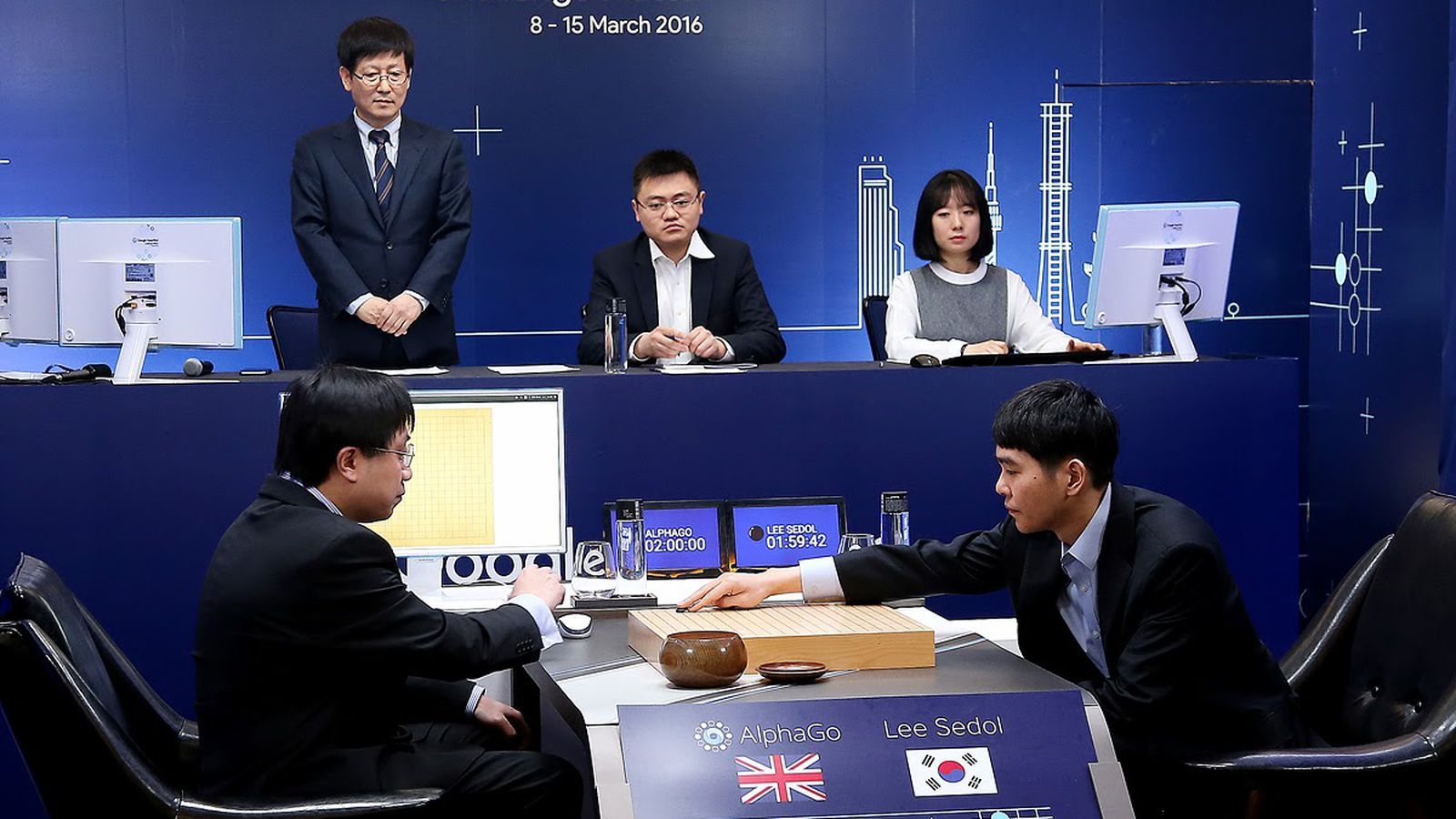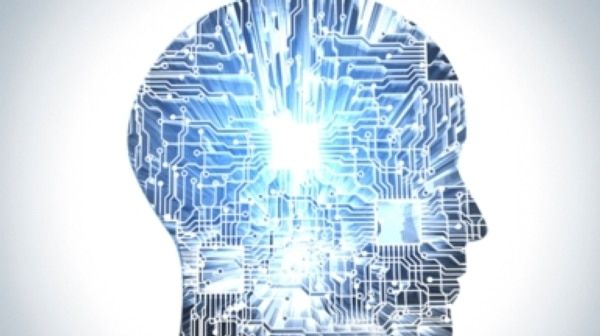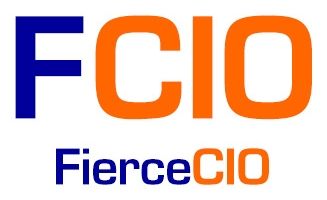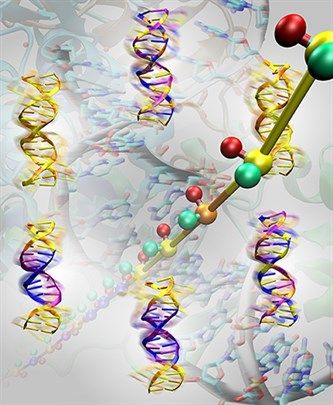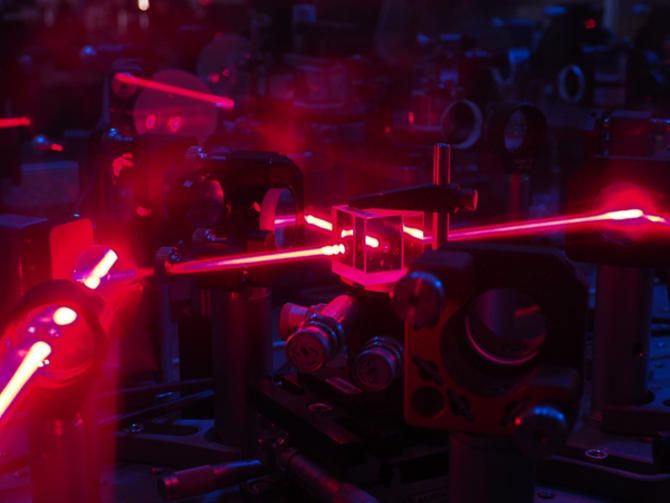Archive for the ‘computing’ category: Page 824
Mar 9, 2016
MIT researchers found a way to load websites 34% faster on the same connection
Posted by Shailesh Prasad in categories: computing, internet, robotics/AI
A group at MIT’s Computer Science and Artificial Intelligence Laboratory (CSAIL) have found a way to speed up the Web without actually increasing the connection throughput or making fundamental code changes.
It created Polaris, a framework that determines how to overlap the objects being downloaded by a page and minimize the amounts of time a site fetches individual resources. The framework creates a dependency graph of the page, then uses that to determine when each object should be loaded.
Don’t miss our biggest TNW Conference yet! Join us May 26 & 27 in Amsterdam.
Continue reading “MIT researchers found a way to load websites 34% faster on the same connection” »
Mar 9, 2016
Google’s DeepMind defeats legendary Go player Lee Se-dol
Posted by Sean Cusack in categories: computing, entertainment, robotics/AI
A huge milestone has just been reached in the field of artificial intelligence: AlphaGo, a program developed by Google’s DeepMind unit, has defeated legendary Go player Lee Se-dol in the first of five historic matches being held in Seoul, South Korea. Lee resigned after about three and a half hours, with 28 minutes and 28 seconds remaining on his clock. The series is the first time a professional 9-dan Go player has taken on a computer, and Lee is competing for a $1 million prize.
“I was very surprised,” said Lee after the match. “I didn’t expect to lose. [But] I didn’t think AlphaGo would play the game in such a perfect manner.” DeepMind founder Demis Hassabis expressed “huge respect for Lee Se-dol and his amazing skills,” calling the game “hugely exciting” and “very tense.” Team lead David Silver said it was an “amazing game of Go that really pushed AlphaGo to its limits.”
Mar 8, 2016
Match 1 — Google DeepMind Challenge Match: Lee Sedol vs AlphaGo
Posted by Julius Garcia in categories: computing, robotics/AI
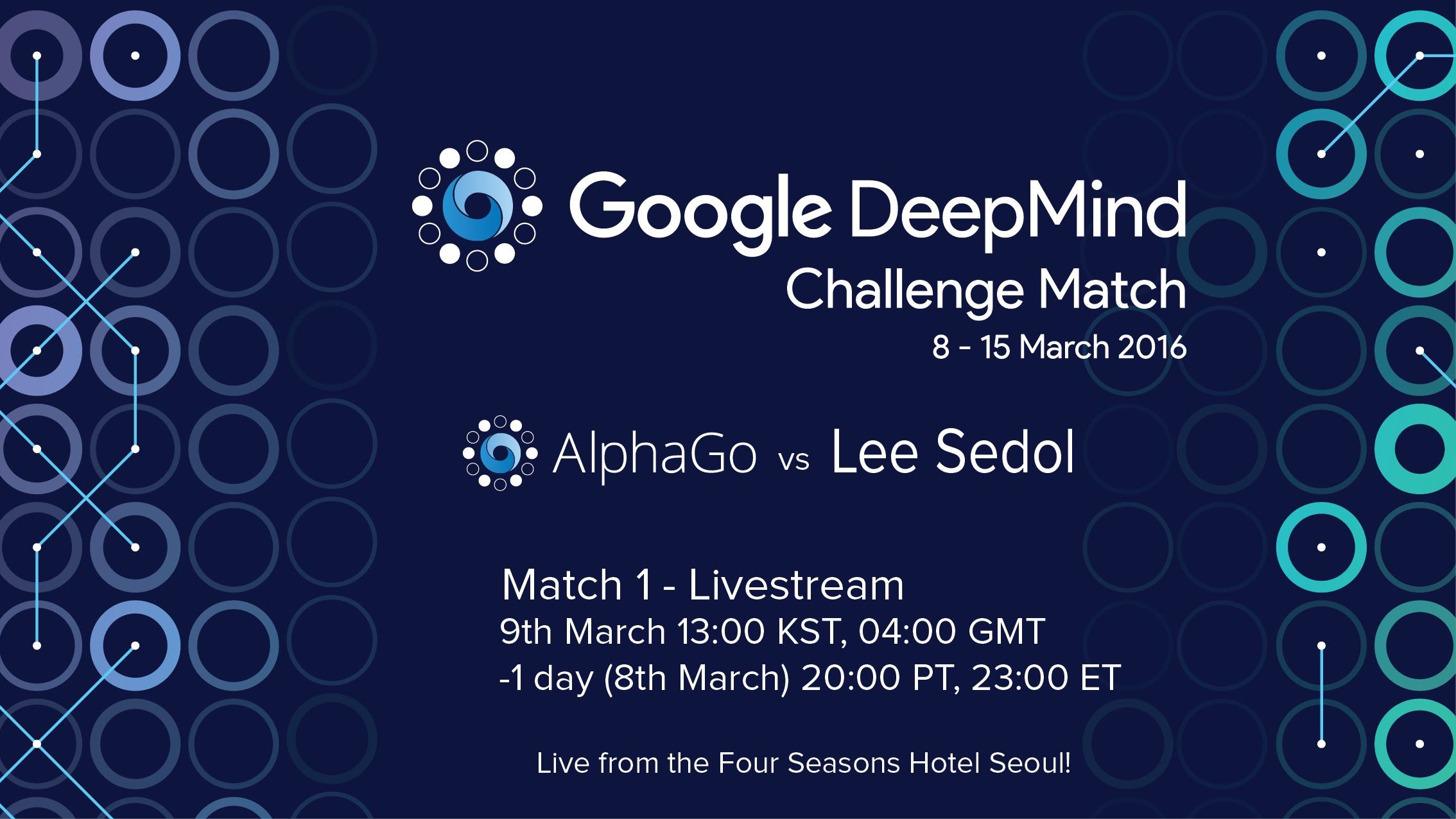
Watch DeepMind’s program AlphaGo take on the legendary Lee Sedol (9-dan pro), the top Go player of the past decade, in a $1M 5-game challenge match in Seoul. This is the livestream for Match 1 to be played on: 9th March 13:00 KST (local), 04:00 GMT; note for US viewers this is the day before on: 8th March 20:00 PT, 23:00 ET.
In October 2015, AlphaGo became the first computer program ever to beat a professional Go player by winning 5–0 against the reigning 3-times European Champion Fan Hui (2-dan pro). That work was featured in a front cover article in the science journal Nature in January 2016.
Continue reading “Match 1 — Google DeepMind Challenge Match: Lee Sedol vs AlphaGo” »
Mar 8, 2016
The U.S. Government Launches a $100-Million “Apollo Project of the Brain”
Posted by Karen Hurst in categories: computing, government, information science, military, neuroscience, robotics/AI
US Government’s cool $100 mil in brain research. As we have been highlighting over the past couple of months that the US Government’s IARPA and DARPA program’s have and intends to step up their own efforts in BMIs and robotics for the military; I am certain that this research will help their own efforts and progress.
Intelligence project aims to reverse-engineer the brain to find algorithms that allow computers to think more like humans.
By Jordana Cepelewicz on March 8, 2016.
Continue reading “The U.S. Government Launches a $100-Million ‘Apollo Project of the Brain’” »
Mar 8, 2016
Gates thinks quantum computing in the cloud may come in a decade
Posted by Karen Hurst in categories: computing, internet, materials, quantum physics
I don’t believe that we’re a decade away given the advancements around Quantum infrastructure work such the Quantum Internet and Platform. Too much progress is showing me within the next 7 to 8 years is a possibility especially with the race that we’re all in.
Bill Gates did an Ask Me Anything on Reddit Tuesday and said that there’s a chance within six to ten years that “cloud computing will offer super-computation by using quantum.”
“It could help users solve some very important science problems, including materials and catalyst design,” Gates wrote.
Continue reading “Gates thinks quantum computing in the cloud may come in a decade” »
Mar 8, 2016
Future technology and Which gadgets available now
Posted by Karen Hurst in categories: computing, internet, mobile phones
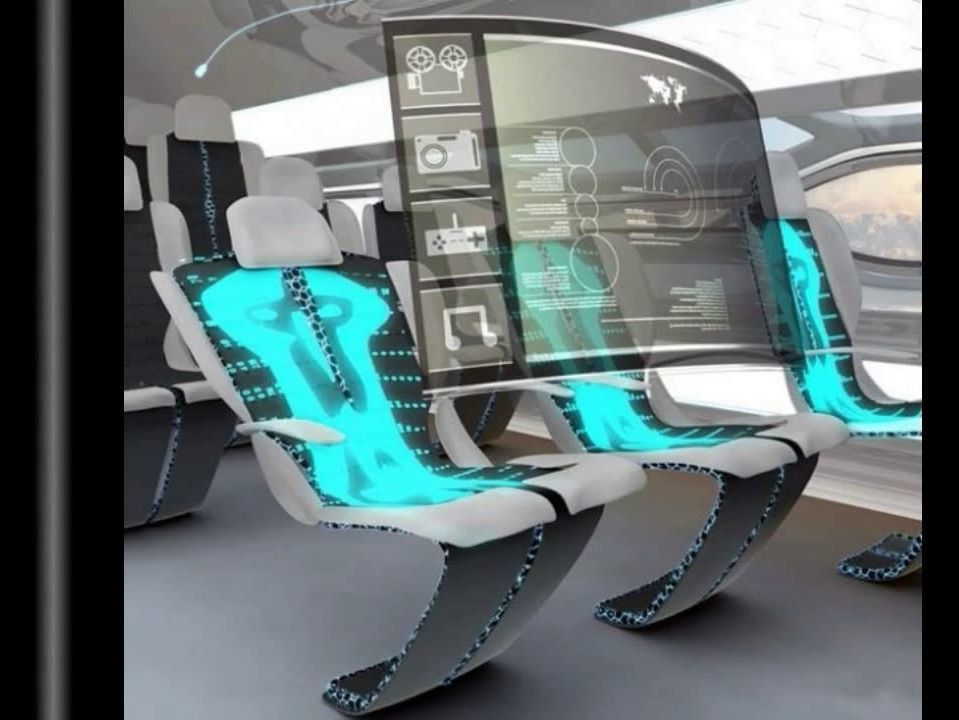
https://www.youtube.com/watch?v=1pWFjCpZ5r4&feature=share
Fordable tab, lighting cloths, laser type writer…
.
.
.
you tube top 10 videos…
new gadgets, computers laptops electronic mug pen laser printer.
laser phone iPhone 7 8 9 10.
Samsung future phone.
Sony future phones and technology.
headphones WiFi WIRELESS phone…
format of videos will change.
help centre online and show the status of connected gadgets.
Mar 7, 2016
MIT’s new 5-atom quantum computer could make today’s encryption obsolete
Posted by Shailesh Prasad in categories: computing, encryption, quantum physics, security
Much of the encryption world today depends on the challenge of factoring large numbers, but scientists now say they’ve created the first five-atom quantum computer with the potential to crack the security of traditional encryption schemes.
In traditional computing, numbers are represented by either 0s or 1s, but quantum computing relies on atomic-scale units, or “qubits,” that can be simultaneously 0 and 1 — a state known as a superposition that’s far more efficient. It typically takes about 12 qubits to factor the number 15, but researchers at MIT and the University of Innsbruck in Austria have found a way to pare that down to five qubits, each represented by a single atom, they said this week.
Using laser pulses to keep the quantum system stable by holding the atoms in an ion trap, the new system promises scalability as well, as more atoms and lasers can be added to build a bigger and faster quantum computer able to factor much larger numbers. That, in turn, presents new risks for factorization-based methods such as RSA, used for protecting credit cards, state secrets and other confidential data.
Continue reading “MIT’s new 5-atom quantum computer could make today’s encryption obsolete” »
Mar 7, 2016
Newly developed model of DNA sheds light on molecule’s flexibility
Posted by Karen Hurst in categories: bioengineering, biotech/medical, computing, genetics, nanotechnology
Knowledge of how DNA folds and bends could offer new perspective on how it is handled within cells while also aiding in the design of DNA-based nano-scale devices, says a biomedical engineer at Texas A&M University whose new motion-based analysis of DNA is providing an accurate representation of the molecule’s flexibility.
The model, which is shedding new light on the physical properties of DNA, was developed by Wonmuk Hwang, associate professor in the university’s Department of Biomedical Engineering, and his Ph.D. student Xiaojing Teng. Hwang uses computer simulation and theoretical analysis to study biomolecules such as DNA that carry out essential functions in the human body. His latest model, which provides a motion-based analysis of DNA is detailed in the scientific journal ACS Nano. The full article can be accessed at http://pubs.acs.org/doi/abs/10.1021/acsnano.5b06863.
In addition to housing the genetic information needed to build and maintain an organism, DNA has some incredibly interesting physical properties that make it ideal for the construction of nanodevices, Hwang notes. For example, the DNA encompassed within the nucleus of one human cell can extend to four feet when stretched out, but thanks to a number of folds, bends and twists, it remains in a space no bigger than one micron – a fraction of the width of a human hair. DNA also is capable of being programmed for self-assembly and disassembly, making it usable for building nano-mechanical devices.
Mar 7, 2016
Quantum mechanics is so weird that scientists need AI to design experiments
Posted by Karen Hurst in categories: computing, information science, quantum physics, robotics/AI
Don’t let the title mislead you — Quantum is not going to require AI to operate or develop it’s computing capabilities. However, what is well known across Quantum communities is that AI will greatly benefit from the processing capabilities & performance of Quantum Computing. There has been a strong interest in marrying the 2 together. However, Quantum maturity gap and timing has not made that possible until recently resulting from the various discoveries in microchip development, programming language (Quipper) development, Q-Dots Silicon wafers, etc.
Researchers at the University of Vienna have created an algorithm that helps plan experiments in this mind-boggling field.

